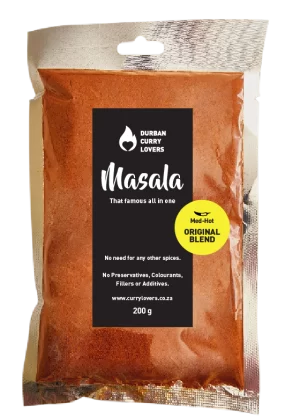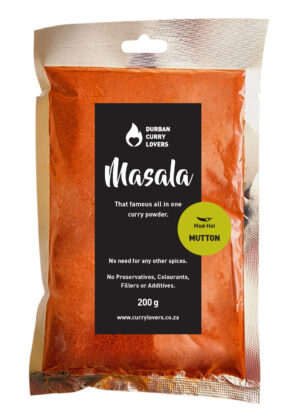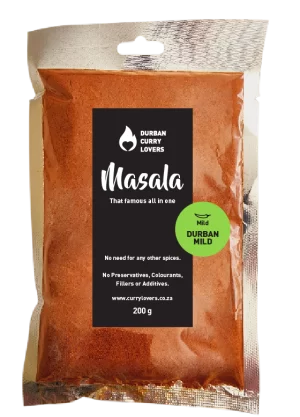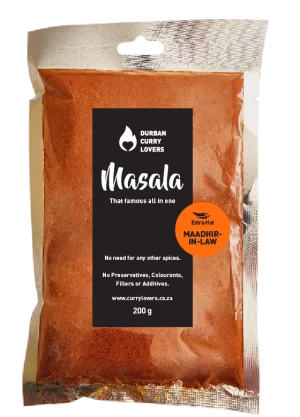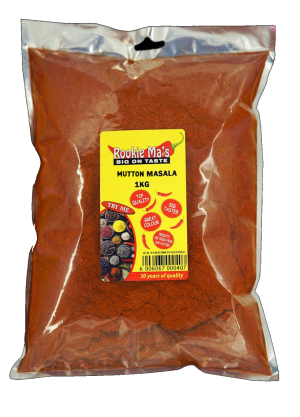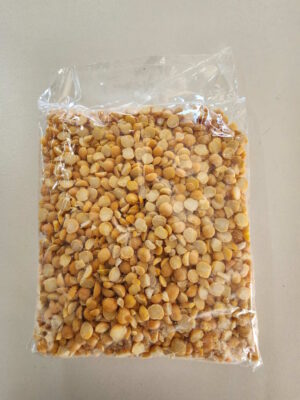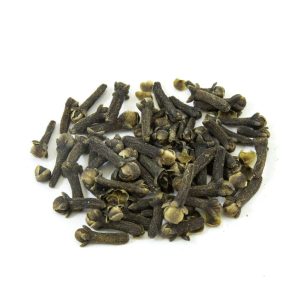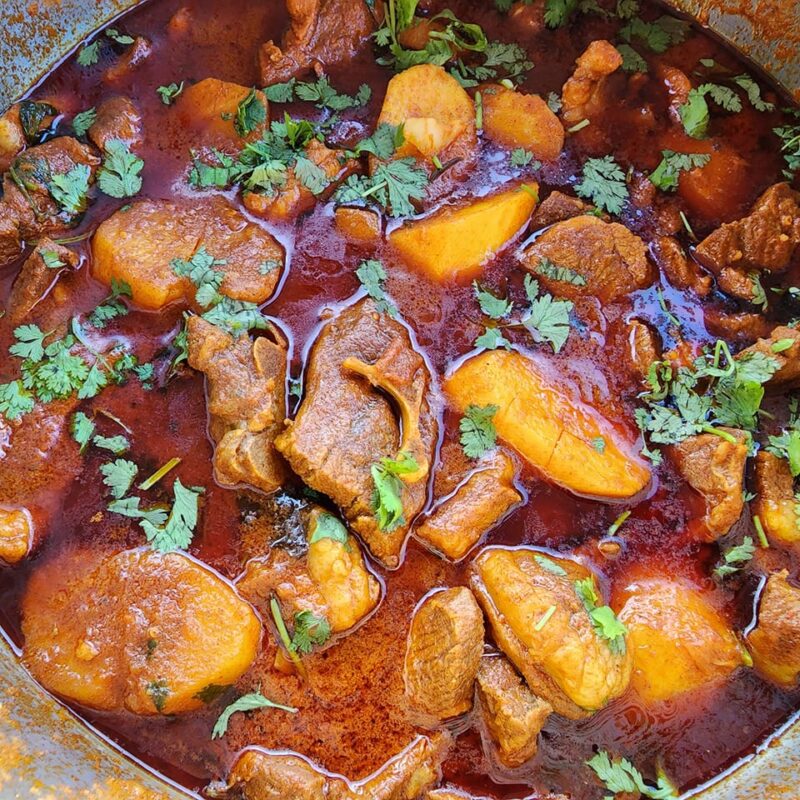
A Dive into the Science …
It’s a commonly held belief that curry, and in particular Durban curry, tastes even better the next day. But is it just a culinary myth, or is there a grain of truth behind it? In this article, we delve into the science behind this phenomenon, to understand why our taste buds may indeed rejoice more in the flavors of next-day curry.
Curry, a dish celebrated worldwide for its rich blend of spices, diverse ingredients, and mouthwatering aromas, seems to hold a secret that has intrigued food enthusiasts for years – its ability to taste even better as a leftover. This isn’t a figment of our imagination; the science behind it is fascinating.
When curry is stored over an extended period, a series of reactions take place that intensify its flavor. One key factor is the process of marinating. Just like a pre-cooked marinade, the spices in the curry continue to permeate the food even after it’s cooked, infusing more flavor into each bite. As the ingredients sit together in the refrigerator, they continue to absorb the flavors around them, making the dish more robust in taste.
Protein breakdown also plays a significant role, especially if your curry contains meat. During the cooking process, the collagen in the meat breaks down into a jelly-like substance under sustained heat, making the meat tender and juicy. This breakdown continues even after the heat is turned off, which further enhances the taste. Not only does the meat become more tender, but the collagen breakdown also contributes to a silky mouthfeel when the dish is reheated, amplifying the pleasure of every bite.
Spices in curry also undergo a transformation over time. Initially, they may have a harsh overtone, but as they mellow, they allow other flavors to shine through. This process, along with the flavors from whole spices infusing into the sauce base, leads to a richer, more coherent result.
Starchy elements such as onions, potatoes, peppers, and lentils present in many curries also contribute to the enhanced taste. They absorb the ‘free water’, leading to a thicker and more flavorful curry. In addition to this, the Maillard reaction – the chemical reaction between amino acids and sugars that gives cooked food its brown color and ‘umami’ taste – continues to contribute flavor as the food rests. Caramelized sugars from this reaction soak into the meat or vegetables in your curry, adding another layer of depth to the taste.
Beyond these scientific factors, there’s also a psychological aspect to consider. There’s a common belief that curry tastes better the next day. This belief can potentially influence our perception, making us think that the curry does indeed taste better when reheated.
In conclusion, whether it’s the science of flavor absorption, protein breakdown, or the psychological bias that influences our perception, there’s no denying that curry – Durban curry included – for some, has a tendency to taste better the next day.
Interestingly, the vast majority of Durban Indian people who I have quizzed on this subject all say the same thing, fresh and hot off the pot is the best.
Makes you think?
So, next time you cook a batch of curry, consider making a little extra for the following day and test it for yourself.

